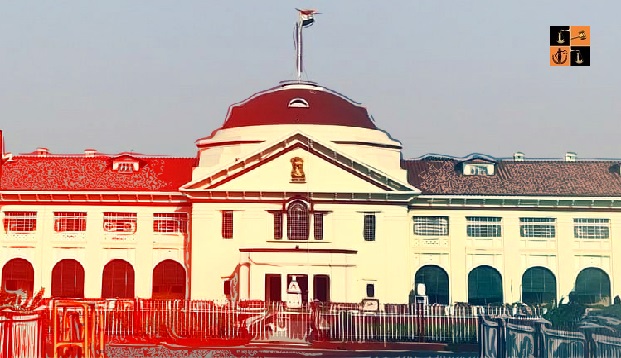The Patna High Court, while disposing of a writ petition filed for issuance of an order for quashing and setting aside the result of a written examination published by the Bihar Public Service Commission for appointment of Assistant Professor in various Engineering Colleges of the Government of Bihar, held that the onus is on the candidate to not only demonstrate that the key answer is correct, but also that it is a glaring mistake, which is totally apparent, and no inferential process or reasoning is required to show that the key answer is wrong.
Brief Facts:
The Bihar Public Service Commission issued an advertisement, inviting online applications for appointment to the 59 vacant posts of Assistant Professor in various Government Engineering Colleges in Bihar. The petitioner applied for the same. After an exam, the Commission invited objections to the answer key released by it from the candidates. The petitioner filed her objection. Thereafter, a revised second provisional answer key was published in which the petitioner’s grievance with respect to some questions remained and some new grievances arose. After various representations, some grievances still persisted. Hence, this writ petition.
Contentions of the Petitioner:
The Learned Counsel for the petitioner submitted that the Commission published the result on 25.03.2023 in which the petitioner was not declared successful. The petitioner had answered 22 questions correctly and if two out of her four questions were to be accepted, she would secure the minimum cut-off marks as per the advertisement. He argued that five experts gave a certificate that the answer of the Commission is erroneous.
Contentions of the Respondent:
The Learned Counsel for the respondent submitted that the Commission had taken all steps to maintain transparency in the examination and after that, the result was published. He contended that the petitioner, who could not succeed in the examination, has filed the present writ application in order to relaunch the whole process, which should not be allowed.
Observations of the Court:
The Court noted that a Court under Article 226 of the Constitution is limited and circumscribed in the exercise of its jurisdiction in respect of examination and its results for the reason that the Court is neither an expert of the subject matter nor it has any wherewithal to, subjectively or objectively, evaluate or assess the correctness or otherwise of the answers.
The Court observed that only when the Court is convinced that the answer key is “demonstrably wrong”, the Court may exercise its power of judicial review. If the subject matter expert is able to give an analysis, that appears to be reasonably intertwined with the subject itself, the Court would be loath to interfere with such a conclusion. The onus is on the candidate to not only demonstrate that the key answer is correct, but also that it is a glaring mistake, which is totally apparent, and no inferential process or reasoning is required to show that the key answer is wrong.
The decision of the Court:
The Patna High Court, disposing of the petition, held that the Commission is directed to constitute a fresh Committee consisting of five subject experts of the Indian Institute of Technology (I.I.T.) to find the definite answers to the question in dispute.
Case Title: Dr. Eena Bahan v The State of Bihar & Ors.
Coram: Hon’ble Justice Anjani Kumar Sharan
Case no.: Civil Writ Jurisdiction Case No.5217 of 2023
Advocate for the Petitioner: Mr. Kumar Kaushik
Advocate for the Respondents: Mr. P. K. Shahi, Mr. Kameshwar Prasad Gupta, and Mr. Harsh Singh
Read Judgment @LatestLaws.com
Picture Source :


























